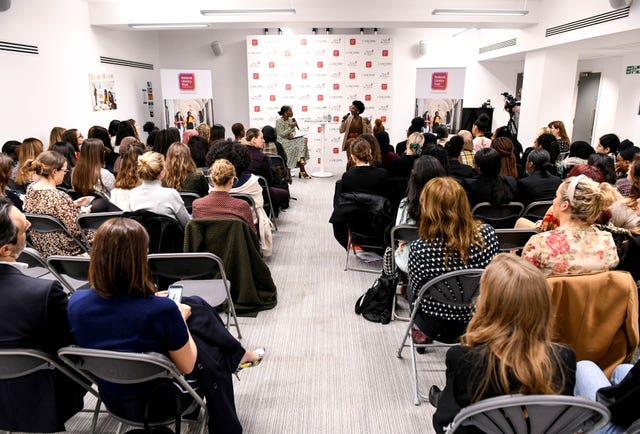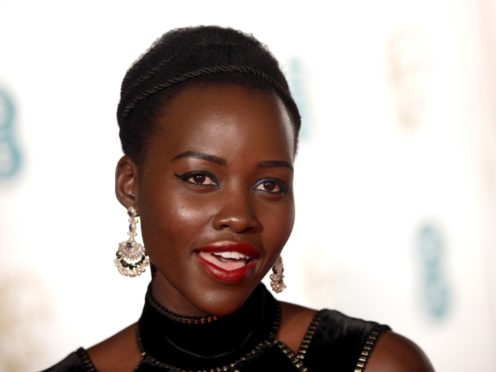Children should know that it is all right to find reading difficult, according to Lupita Nyong’o.
The Oscar-winning actress said she believes that not everyone needs to love reading, but that also does not mean they should dismiss its worth.
Nyong’o, who has recently published her first children’s book, also said that storytelling is still important in the modern world as it teaches youngsters empathy.
The star, who was raised in Kenya, spoke to a group of students in London on Monday as part of the National Literacy Trust’s Words For Work: Women In Leadership programme, which is run in partnership with Lancome.
Speaking to the PA news agency, Nyong’o said: “I think it’s OK to find reading difficult, but that doesn’t mean you dismiss it.”
It is a “privilege” to be able to read, she suggested, adding that literacy programmes are important because they help give youngsters that opportunity and ability.
“It’s a privilege and a power to be able to read,” she said.
Nyong’o, who took home the Best Supporting Actress Oscar for 12 Years A Slave, described how she found reading challenging as a child, saying: “I wasn’t a reader as a child, I didn’t enjoy it. I liked being read to as a child, and I loved storytelling.
“But reading, the task of reading was kind of tedious to me.”
She added: “I learned better through experiential learning.
“But because of that high regard, I did do it.”

Nyong’o, who said she enjoyed reading Roald Dahl books as a child, suggested that stories help to breed empathy.
“Stories are like a bonfire that we all come around and gain comfort in.
“And they are a way for us to engage with people other than ourselves, to put ourselves in another person’s shoes, they are a sure way of doing that.”
The actress’s debut book, Sulwe, is a picture book about a five-year-old girl living in Kenya, who feels uncomfortable about being darker than anyone in her family, and in her class at school, until she takes a journey in the night sky that changes her life.
Nyong’o said that one of the reasons she wrote the book was to “embrace and celebrate beauty and dark complexion, and provide that for kids at an age before the world has dictated their value to them”.
She also said she wanted to “give people like me a book with characters that look like them, and to give people that don’t look like me a chance to experience and appreciate and relate to the humanity of people that look like me”.
